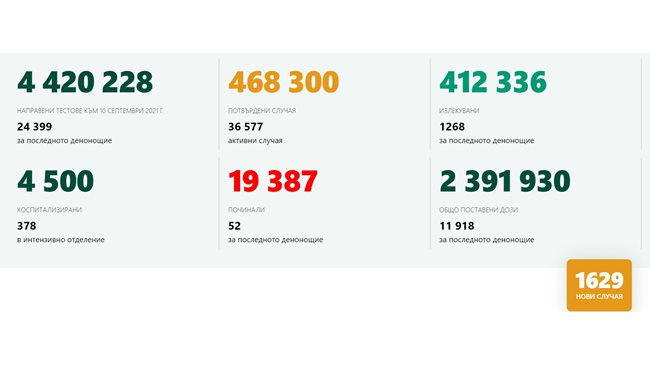Labor participation is an important part of the integration of beneficiaries, but their connection to the labor market is not well regulated. This is evident from long-term research of the Social and Cultural Planning Office (SCP), which has investigated the position and living situation of beneficiaries who have settled in the Netherlands since 2014.
In the study, the bureau evaluates the reception and integration policy of the past seven years and looks ahead to the new integration law that will come into effect on 1 January. Whereas in recent years refugees themselves were responsible for their integration, from the new year the direction will be given (back) to municipalities.
According to Divosa – the association of municipal directors – the proportion of status holders who find work has increased from 23 to 29 percent since 2018, but that percentage has been stagnating for a year. This is partly due to corona, but also because most status holders have small jobs of 0.3 FTE or temporary contracts.
Several organizations confirm to by NOS that, among other things, rules and drawing on several financial pots make it difficult to get status holders to work. At the same time it is for the first time in 50 years that there are more vacancies than unemployed people due to a shortage on the labor market, and there is a chance that the number of Afghan refugees will increase.
‘Go to work as soon as possible’
“When a status holder has just left the shelter, people are often not thinking about work yet. The attention is on family reunification, processing the flight and learning the language. Many refugees suffer from mental and other health problems,” says Mr. Jaco Dagevos who conducted the SCP investigation.
“Their foreign diplomas also don’t apply. It takes time to give those kinds of things a place and find out. At the same time, we see that it is very important for integration that they get to work as quickly as possible.”
A solution for this could be so-called dual trajectories. Status holders then learn the language while working – and that speeds up the process of integration. Dual trajectories have been given a place in the new law.
Different jars
Although generally acclaimed, dual trajectories are still difficult to get off the ground in practice. According to Dagevos, this is due to two things: finance and logistics. “For a dual trajectory, money is needed from many different sources. DUO for the language school, a participation budget from the municipal or national government and an employer who is willing to cooperate. In addition, you have to get all these parties to the table to help status holders find a job. .”
José Komin, owner of refrigeration company IJkoud also noticed this struggle: “I wanted to employ status holders, because there are huge shortages in my sector, but also because I think it is important to help them. But I ran into all kinds of regulations. Then we started organizing the training ourselves. I now employ two Syrian refugees.”
José Komin himself put together a training course for status holders at her company. Ahmad Hajouz followed this training and now works as a mechanic:
–


